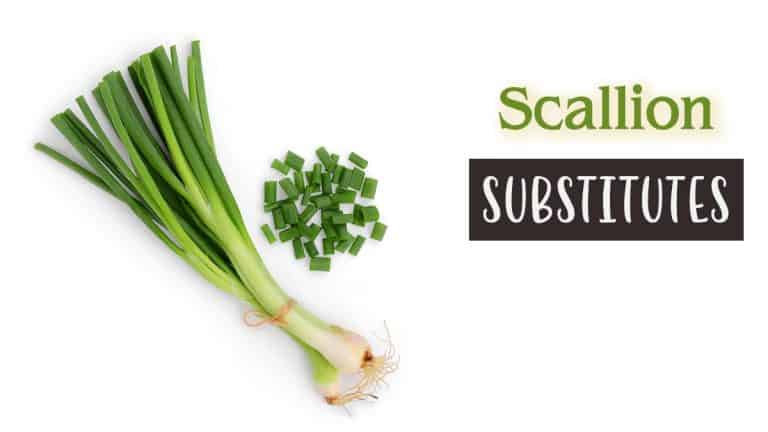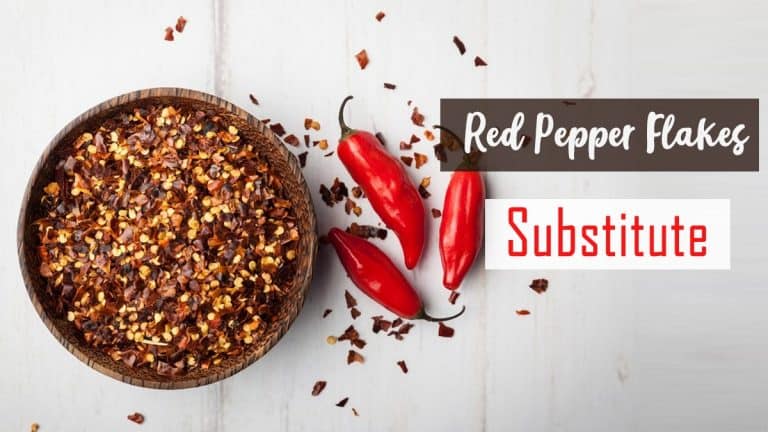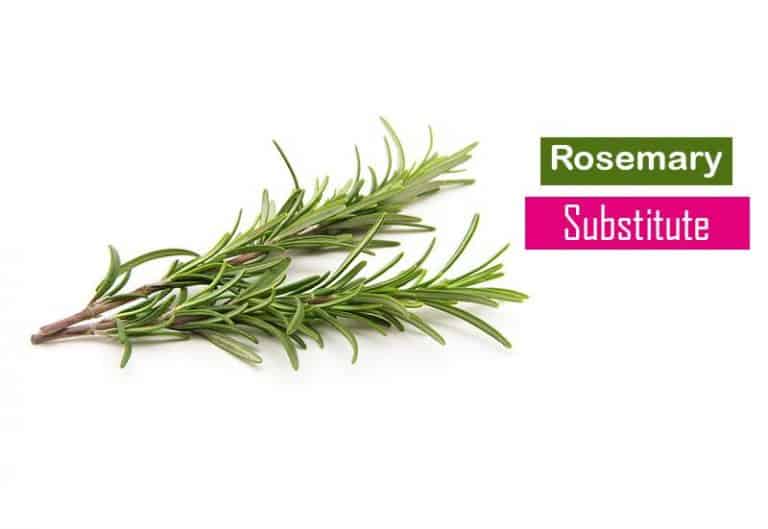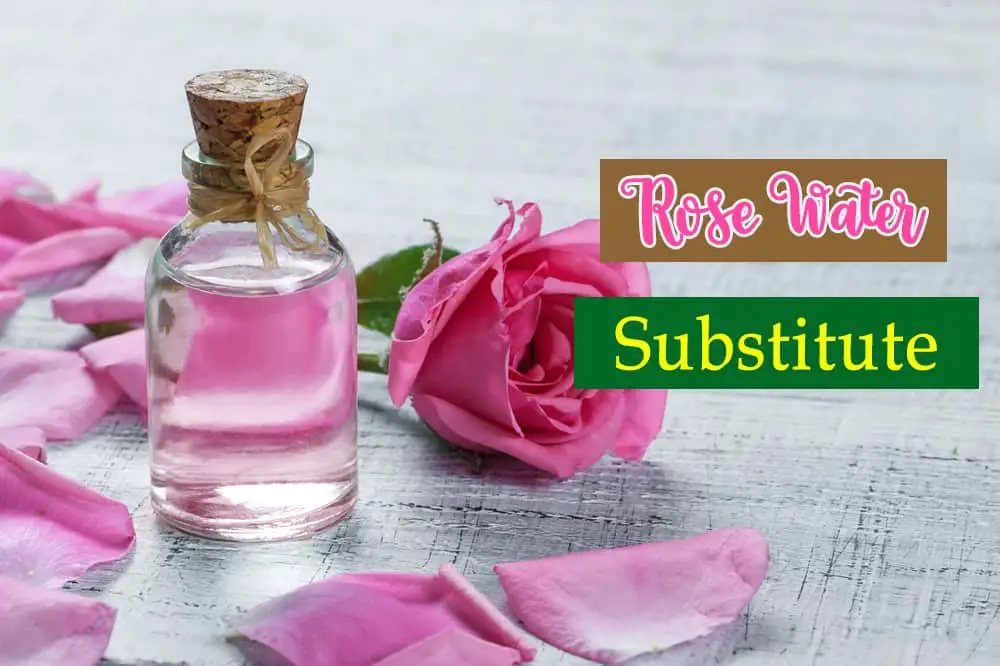
Rosewater can be a great complement to many dishes. Yet, it is not widely available in some locations. Thus, although rose water can be created by soaking fresh rose petals in water for a few hours before distilling them, the process can be too complicated for beginners.
Hence, in the case that you cannot create rosewater at home or fail to find it nearby, you can use any of the following rosewater substitutes for convenience’s sake.
What Is Rosewater?
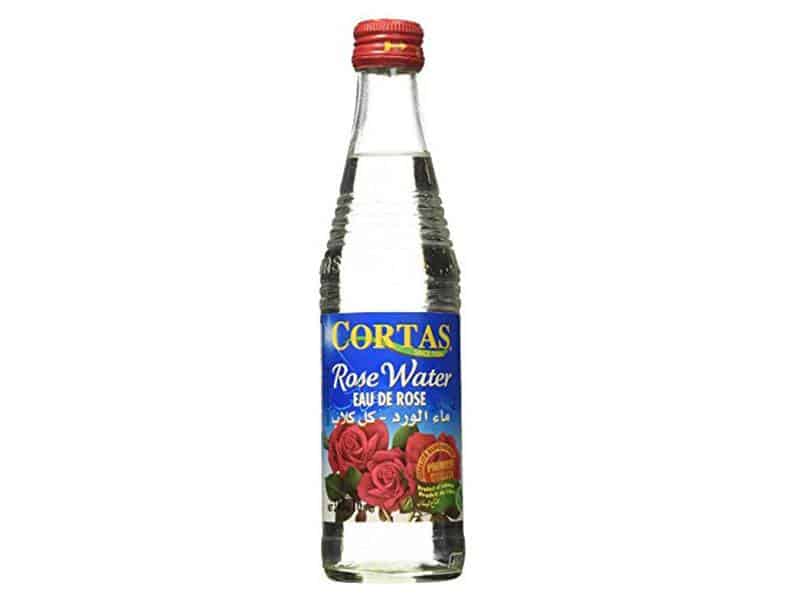
Rosewater is made by distilling rose petals and has been used to flavor meals since ancient times. It can be found at Indian or Middle Eastern supermarkets and is used in French, Middle Eastern, and Mediterranean cuisines.
Rosewater is used to create a floral note and a fruity flavor to both baked goods and savory foods. Sorbets, salad dressings, cookies, fruit compotes, pastries, candies, and meats all benefit from the delicate yet unusual flavor of rosewater, for it is not too overpowering but just enough to give the food a sense of flowery deliciousness. Hence, it is no surprise that it is a beloved ingredient among most chefs and has long been a staple element in several cultural dishes.
The good news is that widely available ingredients like lavender essence, lemon juice, rose essence, orange water, vanilla extract, and cinnamon can all be used as substitutes.
Best Substitutes For Rosewater (Easy-to-find Alternatives)
1. Rose Essence
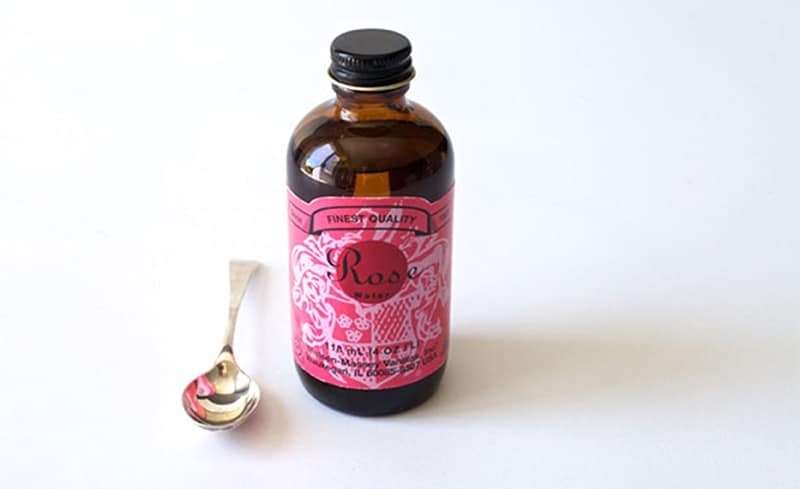
Rose essence is the closest thing to rose water in terms of cooking and baking. As with most other types of food essence, this one is essentially a concentrated version of the lovely scent of a rose blossom. Hence, when you use this essence in the dishes that require rose water, you can have the same flavor or perfume.
Rose essence taste and smell, on the other hand, are far more potent than rose water. As a result, you will only need a fraction of the amount of rose essence to replace the rosewater specified in the recipe.
In general, it has four times the potency of rose water. Hence divide the specified amount by four for the best result. For instance, you should only use one teaspoon of rose essence to replace every two tablespoons of rosewater. Keep this difference in mind; then you are good to go with rose essence.
Thus, rose essence can last for much longer compared to rosewater; hence, it makes a good investment adding to being a good substitution.
2. Jamaica Flower Water
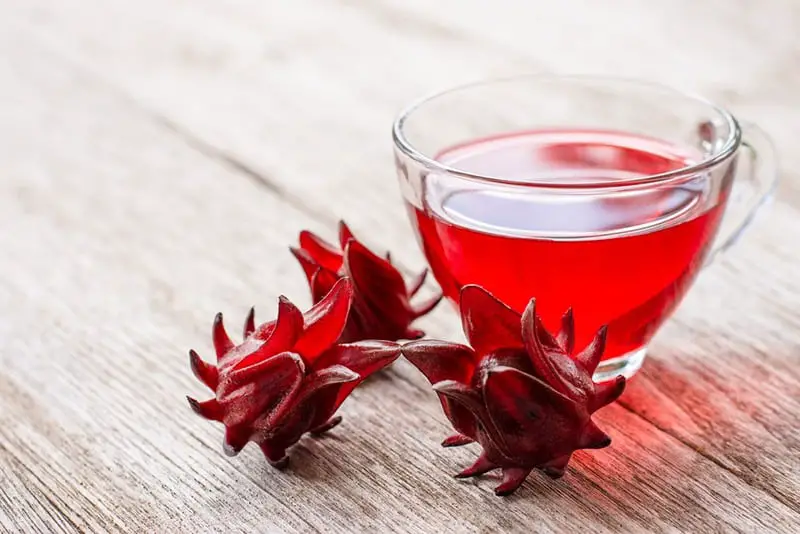
Hibiscus is another flower that has captivating beauty. Its water, also known as Jamaica flower water, can be used as a substitute for rose water. They both give the dish a pleasant floral scent. However, the flavor that results may be slightly different.
Another advantage of using this for rose water is that the flavor intensity is the same. As a result, you will not need to convert the quantity when utilizing it in a recipe, for the amount of rose water called for in the recipe would be the same as the amount Jamaica flower water or hibiscus water you will need.
Adding to the similar sweetness and the slight unnoticeable difference, Jamaica flower water can also give your dish a slight Caribbean taste as this substance is usually used in Mexican and Caribbean cuisine. Hence, if you are a fan of this taste, don’t be hesitant to try it out.
3. Orange Flower Water
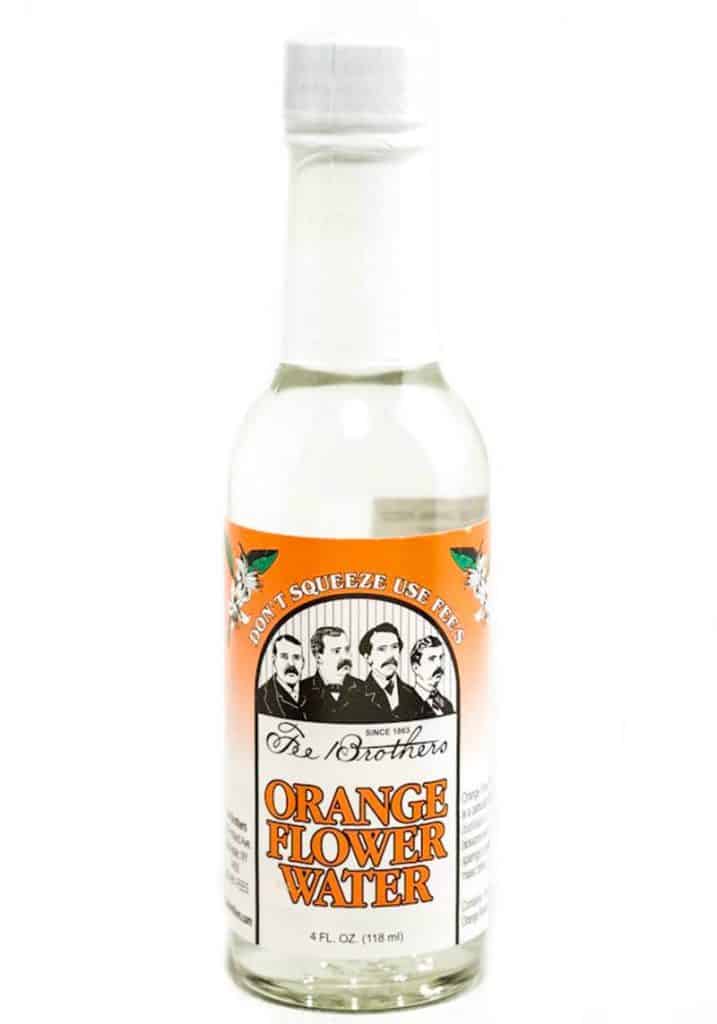
To make orange flower water, orange flowers are crushed into a paste and then mixed with distilled water. During the process, the liquid is squeezed out and concentrated for two weeks. Because it is made from a fruity source like orange, the water will have a somewhat distinct flavor and aroma from rose water (it has a stronger fruity kick, which many people may prefer).
Although it has a different flavor and scent than rosewater, it is nonetheless widely used in the same areas. Orange flower water is also a common element in many desserts and dishes in African, Middle Eastern, Mediterranean, French, and Spanish kitchens. Hence, it is also easy to obtain orange flower water, making this substitute an extra great one that you should consider. If you are not looking for classic floral replacements, orange flower water can work as a viable alternative to rose water.
Orange flower water, on the bright side, has the same intensity as rose water. Another great news is that there is not much of a difference in taste between rosewater and orange flower water. Hence, orange flowers may easily disguise the absence of rosewater in flavor. The difference would be too insignificant for someone to notice.
Thanks to their similar taste and intensity, you can conveniently use the same amount of orange water flower to substitute rosewater in any recipe. They are both strong and sweet, so the consequences should not be too noticeable. Orange flower water will not disappoint, especially if you are creating something with meat.
4. Vanilla Extract
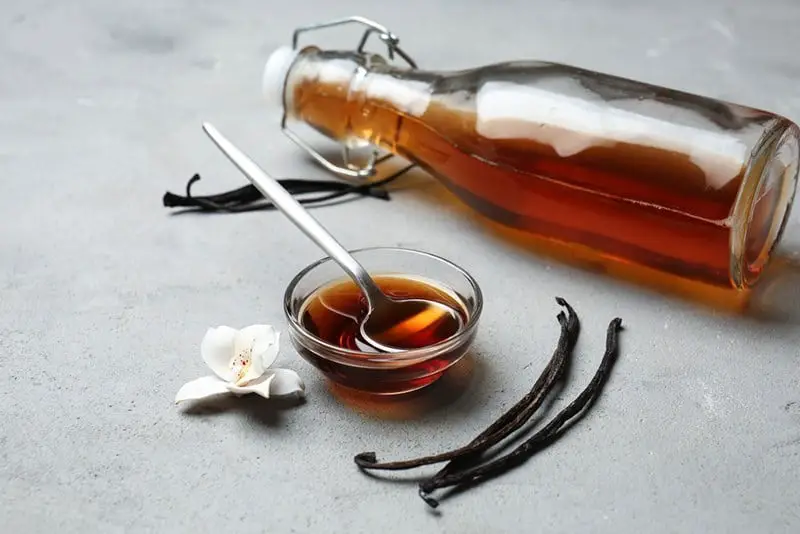
Vanilla extract is already an important ingredient in baking and other types of cooking. You can get even more out of it by substituting this extract for rose water. The benefit of substituting one for the other is that they both have the same flavor and aroma.
The only drawback is that vanilla extract has a deeper scent and sweetness than rose water. As a result, you’ll need to use a lower amount of vanilla in dishes that ask for rosewater you or else the dish can be overly sweet or smelly.
Other than this notice, vanilla always comes in handy while making certain delicacies that require a sugary flavor. Thus, it has the advantage of being versatile and a distinct aroma and flavor that complements most sweets better than rosewater. Therefore, it’s tough to dismiss vanilla extract as a substitute.
5. Almond Extract
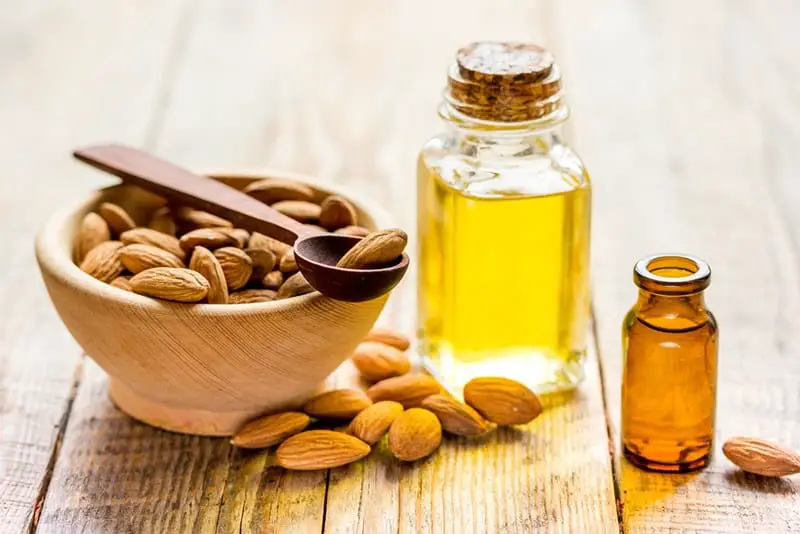
Almonds can be a staple in most diets, for they have a high protein, fat, and fiber content. In addition to being the macronutrient-dense whole nuts, their extract can be used to make a variety of recipes.
Almond extract has always been a common ingredient for natural sweetness in Middle Eastern countries. Adding to the sweetness, almond extract is a transparent viscous liquid with a strong flavor, which similar to vanilla extract. Hence, it is also similar to rosewater.
Almond extract, on the other hand, has a little stronger flavor. As a result, you must utilize it with caution in your recipes. While preparing a meal that requires rose water, you will need to lower the amount of almond extract you use in place of rosewater so that the scent does not get too overpowering.
You may also like: 8 Best Almond Extract Substitutes For Your Recipes
6. Lavender
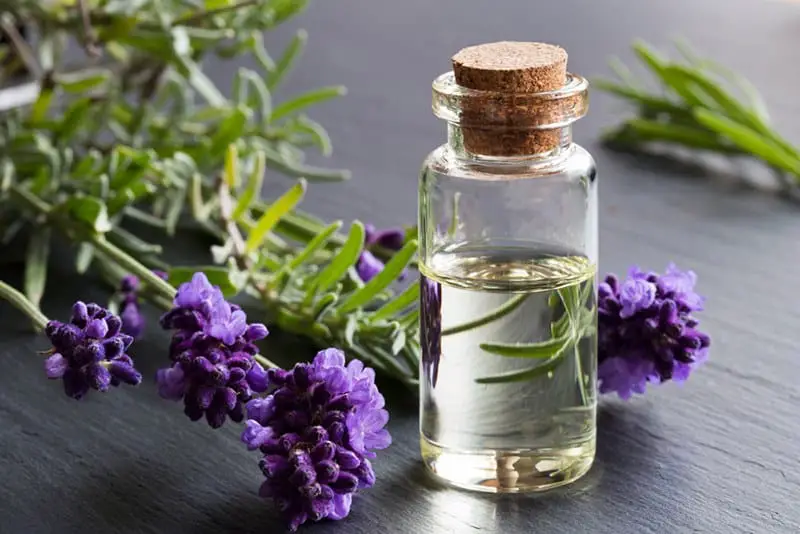
We all know how efficient the scent of lavender is at creating a more pleasant indoor environment or enhancing one’s presence with its scent. But did you know that lavender blossoms have a taste similar to rose water?
Lavender is a scent that is similar to vanilla. Although it is more of a plant than a flower, it has a taste that is quite similar to rosewater. Although the smell is distinct and not as common in foods, many people continue to use it to make sweet foods. It can work well with dairy dishes and other dishes that could benefit from some floral sweetness.
It is a great rose water substitute for desserts or recipes that call for a flowery taste. However, its sweet flavor has an earthy and floral undertone that may be a problem in some dishes and makes it more difficult to imitate rosewater in some recipes.
Thus, the scent of lavender can be quite strong, distinctive, and overpowering if you use too much. Hence, with lavender, less is more. Just a very small amount of lavender should be enough for your cooking or baking. You may even fall in love with this aromatic substitution.
7. Lemon Juice
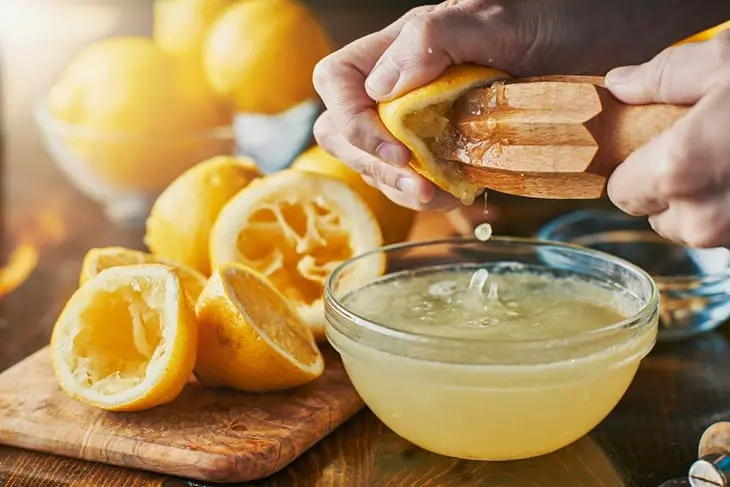
Lemon may seem like an odd substitution for rosewater, but it would not be a bad choice at all. Like rosewater, lemon adds a kick of fruitiness to your dish. We all enjoy a little citrus flavor in our drinks, salads, and main courses.
Lemon has a tangy and slightly bitter flavor, and the mildly bitter flavor may be an issue. Yet, the only other step you’ll need to do to solve this problem and match the rose water flavor is to add some sugar to it. This will compensate for the dish’s lack of sweetness and make this substitute as tasty as the original. Hence, adding extra sugar to the rosewater can allow the lemon to work well and add a unique but delightful and refreshing touch to any dish.
Keep in mind that lemon can be overpowering in some circumstances. Hence, utilize it with caution. So although lemon is neither the perfect substitute nor the most popular rosewater replacement, it gets the job done with a little extra effort of adjusting the lemon flavor. Thus, the fact that lemon is the most readily available substitution on this list can balance out the additional effort when using lemon.
8. Pandan
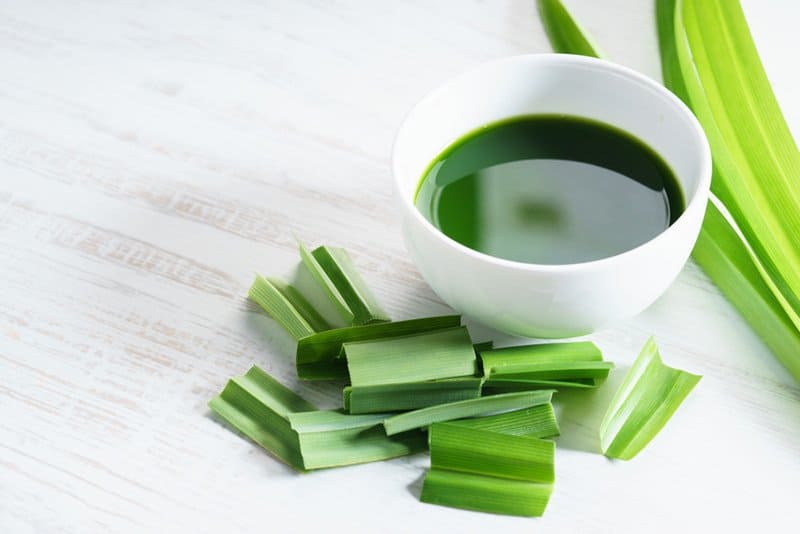
You may have heard of pandan if you’re familiar with Southeast Asian ingredients. It is a type of herbaceous plant that grows in tropical areas. Pandan’s fragrant scent is one of its most distinguishing features. Pandan essence makes some of the closest substitutions for vanilla essence. Also, as you may expect, this means that pandan is also an excellent rose water substitute.
Pandan is one of the most underappreciated rosewater substitutes, but it is also one of the best. Using pandan in your dishes will mask the absence of rose water, aside from a little difference in color and scent, for pandan has a stronger vanilla scent with a musky undertone.
Pandan, on the other hand, is quite soft. As a result, if you are substituting it for rose, you will need to use a little more. It will be a fantastic complement to your desserts and give you an unforgettable taste.
9. Cardamon
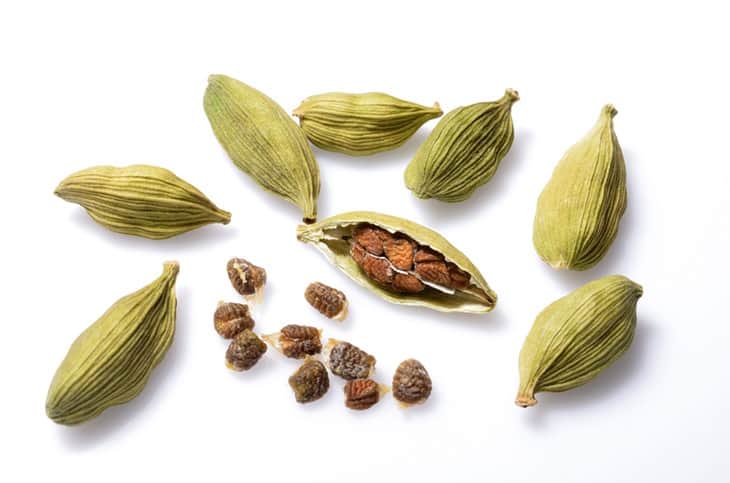
Cardamon comes from the ginger family. Like ginger, it is often used to add flavor and spice to both food and drink. The taste of cardamon resembles lavender and lemon more than rosewater. However, it offers a lemony and herbal flavor that, in some dishes, can be mistaken for rosewater.
It can be used as a rosewater replacement in dishes that use meat or chicken, and the difference may not even be noticeable.
Cardamon is a common ingredient in Indian cuisine, and you may come across its flavor in masala chai or Indian sweets. Hence, you can easily find it in your local Asian market. Its availability also makes it a good substitute for rosewater.
If you have always been using rosewater, try to use a little extra cardamom this time. It is not as soft as rose water, but it is not too overpowering either. Hence, a touch of cardamon would be enough to bring a distinct flavor to your dishes.
10. Cinnamon

Cinnamon is another common spice that may be found in a variety of recipes all around the world. Hence, its availability is a huge plus. Cinnamon has a distinct flavor, yet it can sometimes mimic the flavor and aroma of rosewater. Cinnamon can easily replace rosewater (especially in pastries and dairy sweets), and most people will not notice or mind the difference.
Cinnamon, like some other alternatives, has a pungent, woody, and too-sweet flavor that can be slightly overwhelming. So be careful not to overdo it when you add cinnamon to your dish, or else you will wind up with an overpowering odor.
Cinnamon, unlike cardamom, has an innate sweetness that you may take advantage of if you don’t have rose water on hand. If you’re making desserts, cinnamon is an excellent substitution for rose water, for it adds a naturally sweet flavor without any additional sweetening substances. Thus, your guests will have no idea that you use something other than rose water!
Yet, keep this sweetness in mind because you will need to lessen the amount of sugar in the recipe. Otherwise, you will end up with an excessive degree of sweetness.
Conclusion
If you have gone over each of these options, you should already have a good sense of what you want to do before choosing a substitute to get the best result.
Remember to take into account our suggestions for how much to use and what kinds of recipes each component would work best in. This will offer you a huge advantage when it comes to correctly use each alternative.
Therefore, don’t let a lack of rosewater prevent you from making your favorite dishes or discourage you from trying out new recipes; start utilizing these substitutes right away and enjoy your flavorful treats. You can thank us later!



